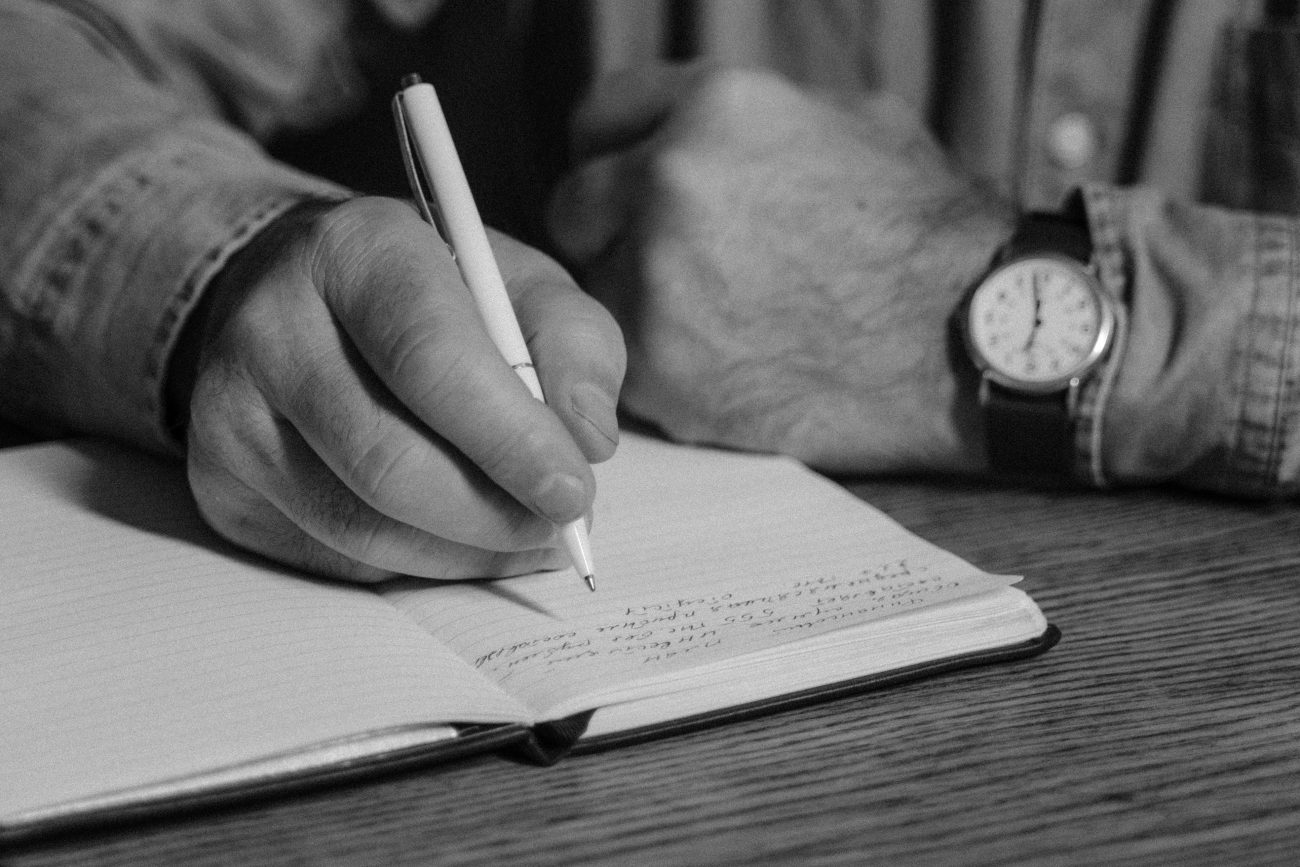Creativity isn’t just for artists, writers, or musicians—it’s a skill that can enhance every aspect of your life, from problem-solving at work to finding innovative solutions in your personal projects. The good news? Creativity isn’t a fixed trait; it’s a muscle you can strengthen with daily habits. By incorporating simple yet powerful routines into your day, you can unlock your creative potential and think outside the box more effortlessly. Here are 10 daily habits to boost your creative thinking and help you reach new heights.
1. Start Your Day with Free Writing or Journaling
One of the best ways to spark creativity is to clear your mind first thing in the morning. Free writing—writing without stopping or censoring yourself—helps bypass your inner critic and tap into fresh ideas. Spend just 5-10 minutes jotting down whatever comes to mind. Over time, this habit can:
- Improve idea generation
- Reduce mental clutter
- Enhance self-reflection
If free writing feels daunting, try gratitude journaling instead. Reflecting on positive aspects of your life can put you in a more open, creative mindset.
2. Take Regular Breaks to Stimulate Your Mind
Contrary to popular belief, working non-stop doesn’t lead to better ideas. In fact, creativity thrives when you step away and give your brain a chance to rest. Research shows that short breaks can:
- Improve focus and productivity
- Encourage subconscious problem-solving
- Prevent burnout
Try the Pomodoro Technique: work for 25 minutes, then take a 5-minute break. During your breaks, stretch, take a walk, or simply daydream—anything to let your mind wander.
3. Surround Yourself with Inspiration
Your environment plays a huge role in shaping your creativity. A cluttered, uninspiring space can stifle ideas, while a thoughtfully designed one can spark them. Consider these small changes:
- Keep a vision board with images, quotes, or ideas that inspire you
- Add plants or natural elements to your workspace
- Listen to music that enhances your focus or mood
Even something as simple as changing your workspace lighting can make a difference. Natural light is ideal, but warm, soft lighting can also create a more inviting atmosphere.
4. Engage in Physical Activity
Exercise isn’t just good for your body—it’s a creativity booster. Physical activity increases blood flow to the brain, which can enhance cognitive function and idea generation. You don’t need an intense workout; even a short walk can help. Benefits include:
- Improved mood and reduced stress
- Enhanced divergent thinking (the ability to generate multiple solutions)
- Better overall mental clarity
Try incorporating movement into your day, whether it’s yoga, dancing, or a quick stroll around the block.
5. Practice Mindfulness or Meditation
A busy mind can block creative insights. Mindfulness and meditation help quiet mental chatter, allowing fresh ideas to surface. Even a few minutes a day can:
- Increase focus and awareness
- Reduce anxiety, which often stifles creativity
- Improve emotional resilience
Start with just 5 minutes of deep breathing or guided meditation. Over time, you’ll notice a greater sense of mental clarity and creative flow.
6. Consume Diverse Content
Creativity thrives on new inputs. Exposing yourself to different perspectives, genres, and mediums can fuel your imagination. Try:
- Reading books outside your usual genre
- Listening to podcasts on unfamiliar topics
- Exploring art, music, or films from different cultures
The more varied your inputs, the richer your creative output will be. Make a habit of learning something new every day.
7. Embrace Boredom
In today’s world, we’re conditioned to avoid boredom at all costs. But boredom can actually be a powerful catalyst for creativity. When you’re not constantly stimulated, your brain starts generating its own ideas. Try:
- Limiting screen time during downtime
- Letting your mind wander without distractions
- Engaging in simple, repetitive tasks (like folding laundry) to trigger creative thoughts
Next time you feel bored, resist the urge to reach for your phone—see what ideas emerge instead.
Conclusion
Creativity isn’t a mystical gift—it’s a skill you can cultivate with intentional habits. By incorporating these daily practices, you’ll train your brain to think more innovatively and unlock your full creative potential. Start small, experiment with what works best for you, and watch as your creative thinking flourishes. Remember, the key is consistency. Over time, these habits will become second nature, helping you approach challenges with fresh eyes and boundless imagination.
